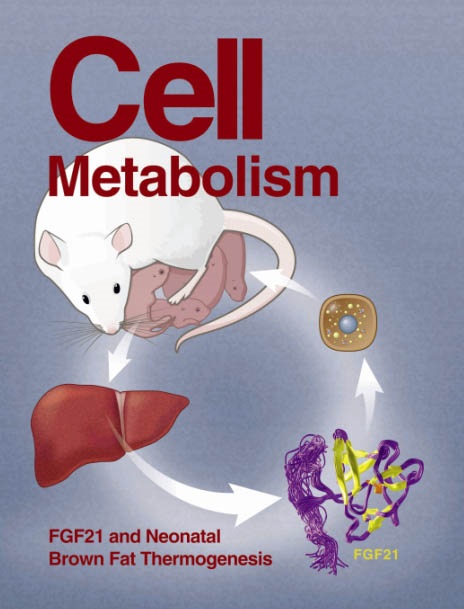Foxp3 confers long-term efficacy of chimeric antigen receptor-T cells via metabolic reprogramming
IF 30.9
1区 生物学
Q1 CELL BIOLOGY
引用次数: 0
Abstract
The tumor microenvironment, characterized by low oxygen tension and scarce nutrients, impairs chimeric antigen receptor (CAR)-T cell metabolism, leading to T cell exhaustion and dysfunction. Notably, Foxp3 confers a metabolic advantage to regulatory T cells under such restrictive conditions. Exploiting this property, we generated CAR-TFoxp3 cells by co-expressing Foxp3 with a third-generation CAR construct. The CAR-TFoxp3 cells exhibited distinct metabolic reprogramming, marked by downregulated aerobic glycolysis and oxidative phosphorylation coupled with upregulated lipid metabolism. This metabolic shift was driven by Foxp3’s interaction with dynamin-related protein 1. Crucially, CAR-TFoxp3 cells did not acquire regulatory T cell immunosuppressive functions but instead demonstrated enhanced antitumor potency and reduced expression of exhaustion markers via Foxp3-mediated adaptation. The potent antitumor effect and absence of immunosuppression were confirmed in a humanized immune system mouse model. Our findings establish a metabolic reprogramming-based strategy to enhance CAR-T cell adaptability within the hostile tumor microenvironment while preserving therapeutic efficacy.

Foxp3通过代谢重编程赋予嵌合抗原受体-t细胞的长期功效
肿瘤微环境以低氧张力和缺乏营养物质为特征,损害了嵌合抗原受体(CAR)-T细胞的代谢,导致T细胞衰竭和功能障碍。值得注意的是,在这种限制性条件下,Foxp3赋予调节性T细胞代谢优势。利用这一特性,我们通过与第三代CAR构建体共表达Foxp3来生成CAR- tfoxp3细胞。CAR-TFoxp3细胞表现出明显的代谢重编程,其标志是有氧糖酵解和氧化磷酸化下调,同时脂质代谢上调。这种代谢转变是由Foxp3与动力蛋白相关蛋白1的相互作用驱动的。关键是,CAR-TFoxp3细胞没有获得调节性T细胞免疫抑制功能,而是通过foxp3介导的适应表现出增强的抗肿瘤效力和减少衰竭标志物的表达。在人源化免疫系统小鼠模型中证实了其有效的抗肿瘤作用和无免疫抑制作用。我们的研究结果建立了一种基于代谢重编程的策略,以增强CAR-T细胞在敌对肿瘤微环境中的适应性,同时保持治疗效果。
本文章由计算机程序翻译,如有差异,请以英文原文为准。
求助全文
约1分钟内获得全文
求助全文
来源期刊

Cell metabolism
生物-内分泌学与代谢
CiteScore
48.60
自引率
1.40%
发文量
173
审稿时长
2.5 months
期刊介绍:
Cell Metabolism is a top research journal established in 2005 that focuses on publishing original and impactful papers in the field of metabolic research.It covers a wide range of topics including diabetes, obesity, cardiovascular biology, aging and stress responses, circadian biology, and many others.
Cell Metabolism aims to contribute to the advancement of metabolic research by providing a platform for the publication and dissemination of high-quality research and thought-provoking articles.
 求助内容:
求助内容: 应助结果提醒方式:
应助结果提醒方式:


